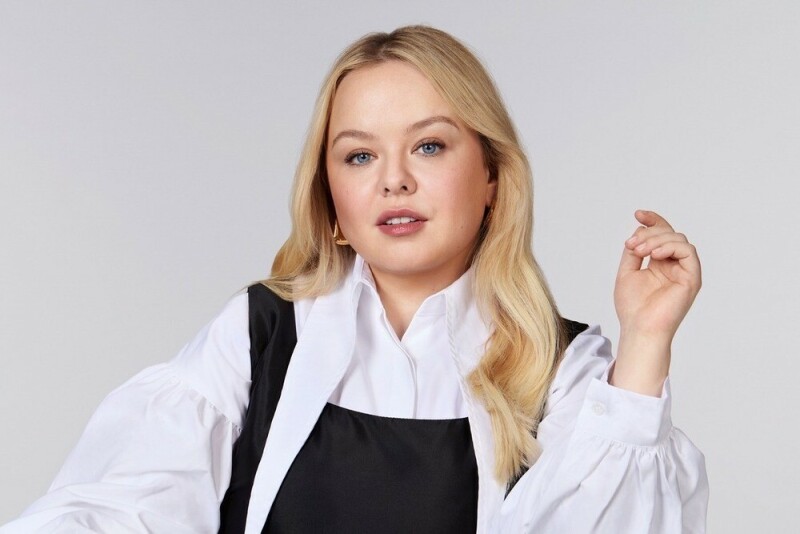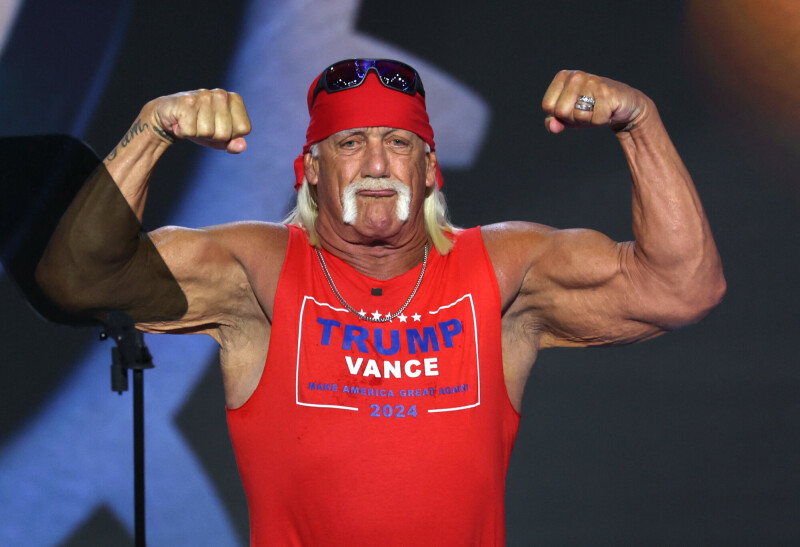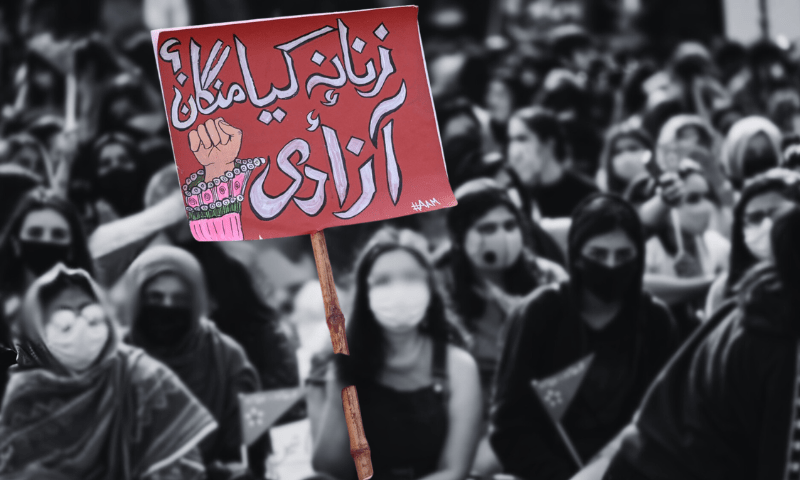French couturier Givenchy dies at 91
Hubert de Givenchy, the aristocratic French fashion designer famous for the "little black dress" and styling Audrey Hepburn and Jackie Kennedy, has died aged 91, his partner said Monday.
Givenchy set the template for ladylike chic in the 1950s and 1960s, dressing everyone from Princess Grace of Monaco to Jane Fonda.
His longtime partner, the former haute couture designer Philippe Venet, announced his death through the Givenchy fashion house, saying he had died in his sleep on Saturday.
"It is with huge sadness that we inform you that Hubert Taffin de Givenchy has died," it said in a statement to AFP.
With his perfect manners and old-school charm, the tall and handsome count was the very acme of French elegance and refinement.
But it was his 40-year friendship with his muse Hepburn, whom he met while she was making Billy Wilder's Oscar-winning comedy "Sabrina" in 1953, that helped make him a fashion legend.
The narrow-collared suits and slim woollen dresses Givenchy designed for the gamine actress in "Funny Face" and "How to Steal a Million" made both of them style icons.
Hepburn and Kennedy

The black sheath dress Givenchy created for the opening scenes of "Breakfast at Tiffany's" was perhaps the most famous "little black dress" of all time -- even if fellow Coco Chanel is credited with inventing the garment.
"His are the only clothes in which I am myself. He is far more than a couturier, he is a creator of personality," Hepburn once said of him.
"To dress a woman is to make her beautiful," Givenchy once said. "In haute couture, we are cosmetic surgeons, erasing imperfections and refining the silhouette... for isn't a couturier a magician of sorts, who creates illusion and perhaps beauty itself?"
Givenchy was one of the first big designers to use black models, and in 1986 used only black models for one collection.
In the 1960s US first lady Jacqueline Kennedy adopted the Givenchy look for her White House years, sticking to a uniform of shift dresses, pillbox hats and low-heeled pumps.
The red coat she wore on the campaign trail for the 1960 presidential election was a Givenchy copy.
On a state visit to France the following year, she made a famously grand entrance in a Givenchy white silk faille dress at a dinner at the Palace of Versailles, looking as regal as any European monarch's consort.
True gentleman

"Hubert de Givenchy was a symbol of Parisian elegance for more than half a century... who revolutionised fashion," his label said Monday.
Legendary Italian-born creator Valentino told AFP that he had tried to get a job with Givenchy when he was 17.
"Unfortunately he did not hire me... but I kept admiring his vision, his perfection of cut and elegance. Like me he always respected the woman's body, never inflicting what was cool but only what was flattering."
Another Italian fashion great, Giorgio Armani, described Givenchy as "the symbol of that exquisitely Parisian joie de vivre, that has the lightness of intelligence and the aristocratic elegance of couture."
Givenchy's current British-born designer Clare Waight Keller said that its founder was "not only one of the most influential fashion figures of our time, whose legacy still influences modern-day dressing, but he also was one of the chicest, most charming men I have ever met.
"The definition of a true gentleman that will stay with me forever," she said.
Givenchy was forced to retire in October 1995 when his contract was not renewed by the giant LVMH group which had bought his house nearly eight years earlier.
He was replaced by John Galliano, who was soon to leave for Dior, handing over to fellow Brit Alexander McQueen.
With typical discretion, Givenchy made no comment, only that he had not been consulted about the appointments.
Yet two decades on his restrained style still informs the way Britain's Queen Elizabeth II and older American and Chinese socialites dress.
Givenchy's final couture show in July 1995 was an emotional moment, with his fellow couturiers Yves Saint Laurent, Paco Rabanne, Christian Lacroix and Valentino taking front-row seats in a packed salon in the opulent Grand Hotel at the Paris Opera.
Givenchy took his bow on the catwalk in his atelier's smock, and with characteristic modesty brought on all his loyal "petites mains" seamstresses to share the applause.












